COR109 Presentation: Intercultural Communication for Communities
VerifiedAdded on 2023/06/11
|13
|508
|83
Presentation
AI Summary
This presentation delves into the concept of intercultural communication competence, defining it as the ability to effectively adapt verbal and nonverbal messages to different cultural contexts. It emphasizes the importance of effectiveness and appropriateness in intercultural interactions, highlighting situational features, affective, psychomotor, and knowledge components. The presentation argues that intercultural communication competence is crucial for building successful communities, which are viewed as diverse colonies of people from various backgrounds. It discusses the increasing multiculturalism in communities and workplaces, the significance of face-to-face communication for avoiding arguments and fostering bonds, the role of non-verbal communication in maintaining harmony, and the influence of culture on perceptions and identities. The presentation concludes that these elements collectively contribute to the development of thriving and successful communities.
1 out of 13
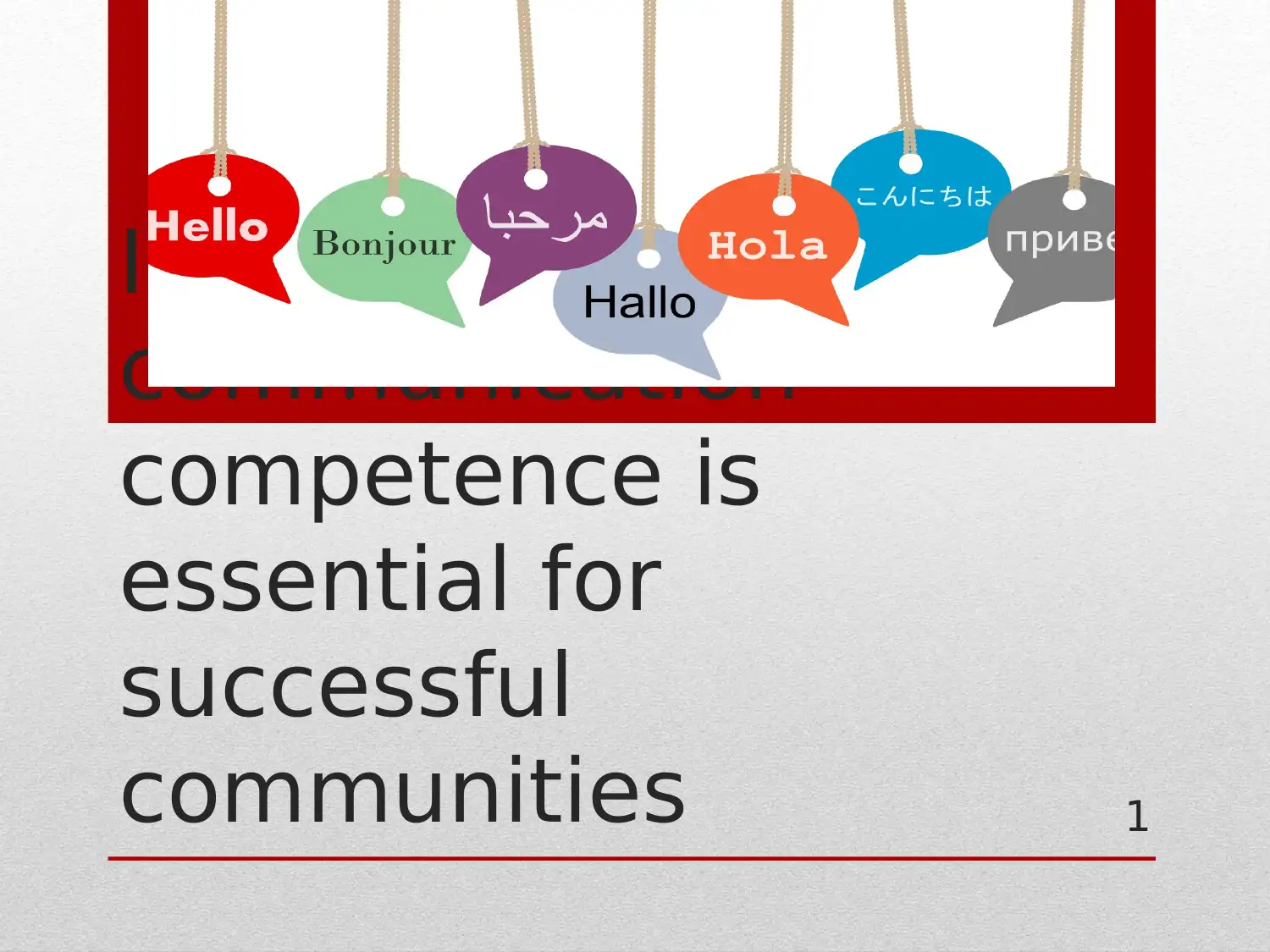
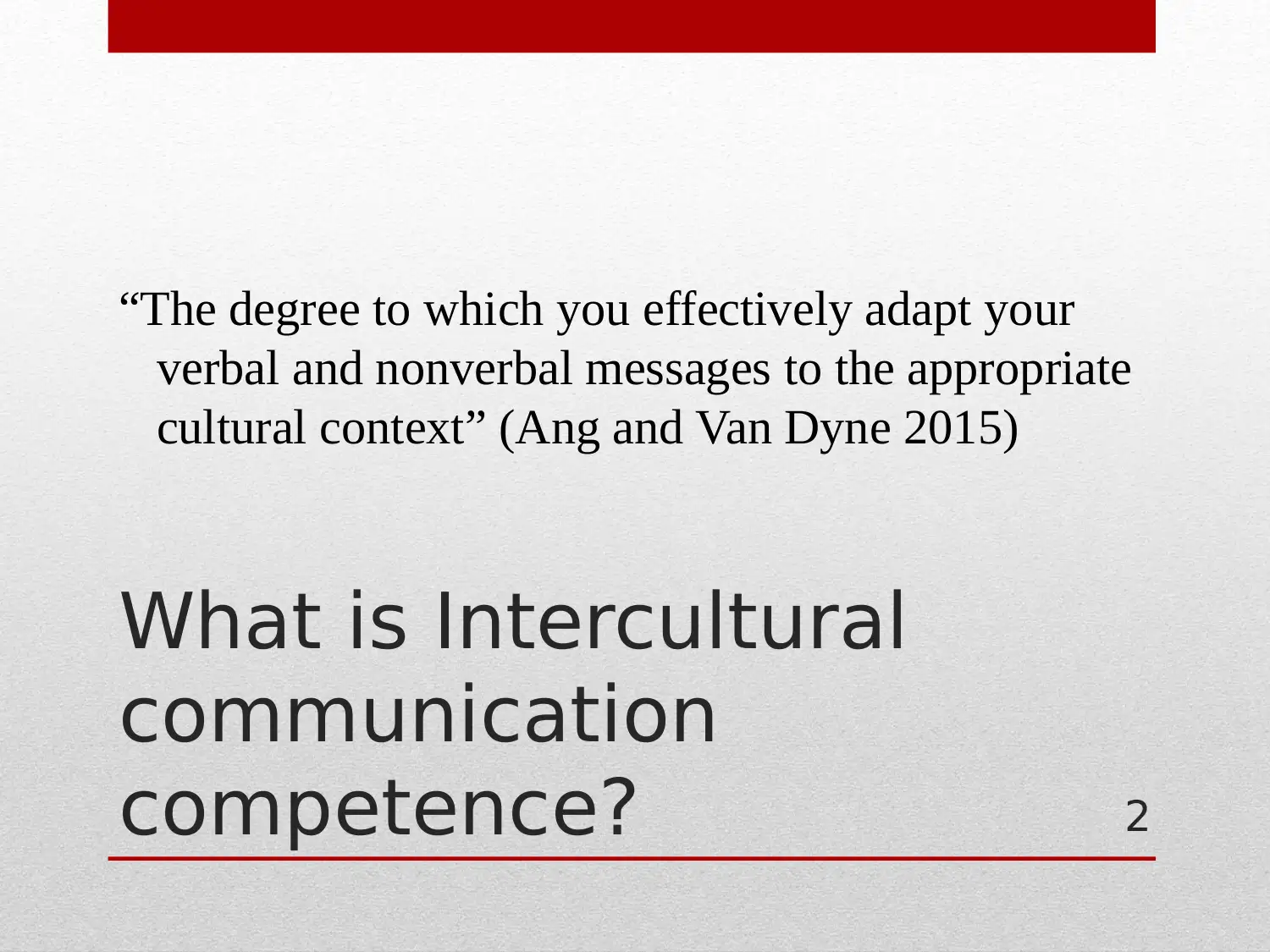
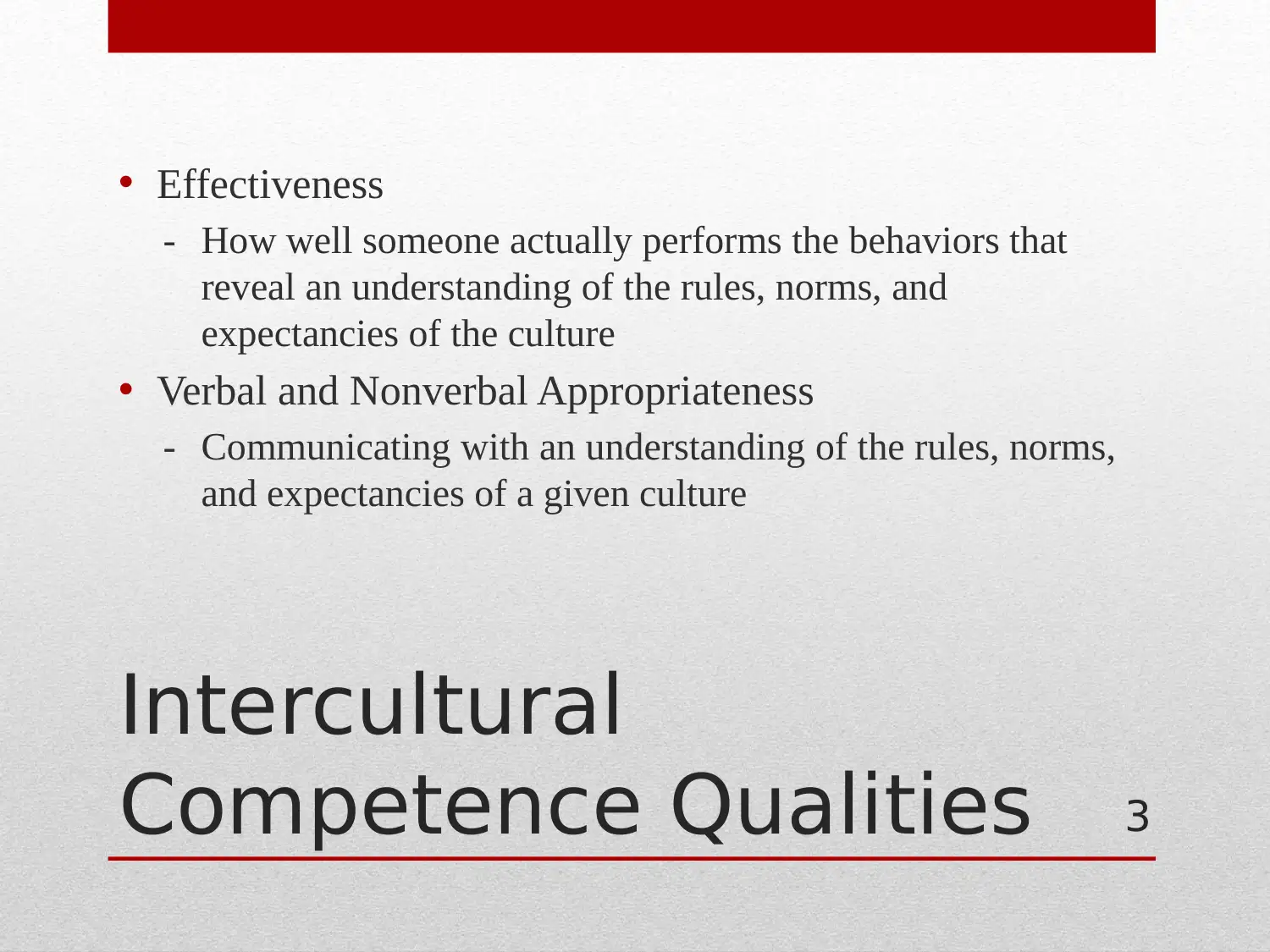

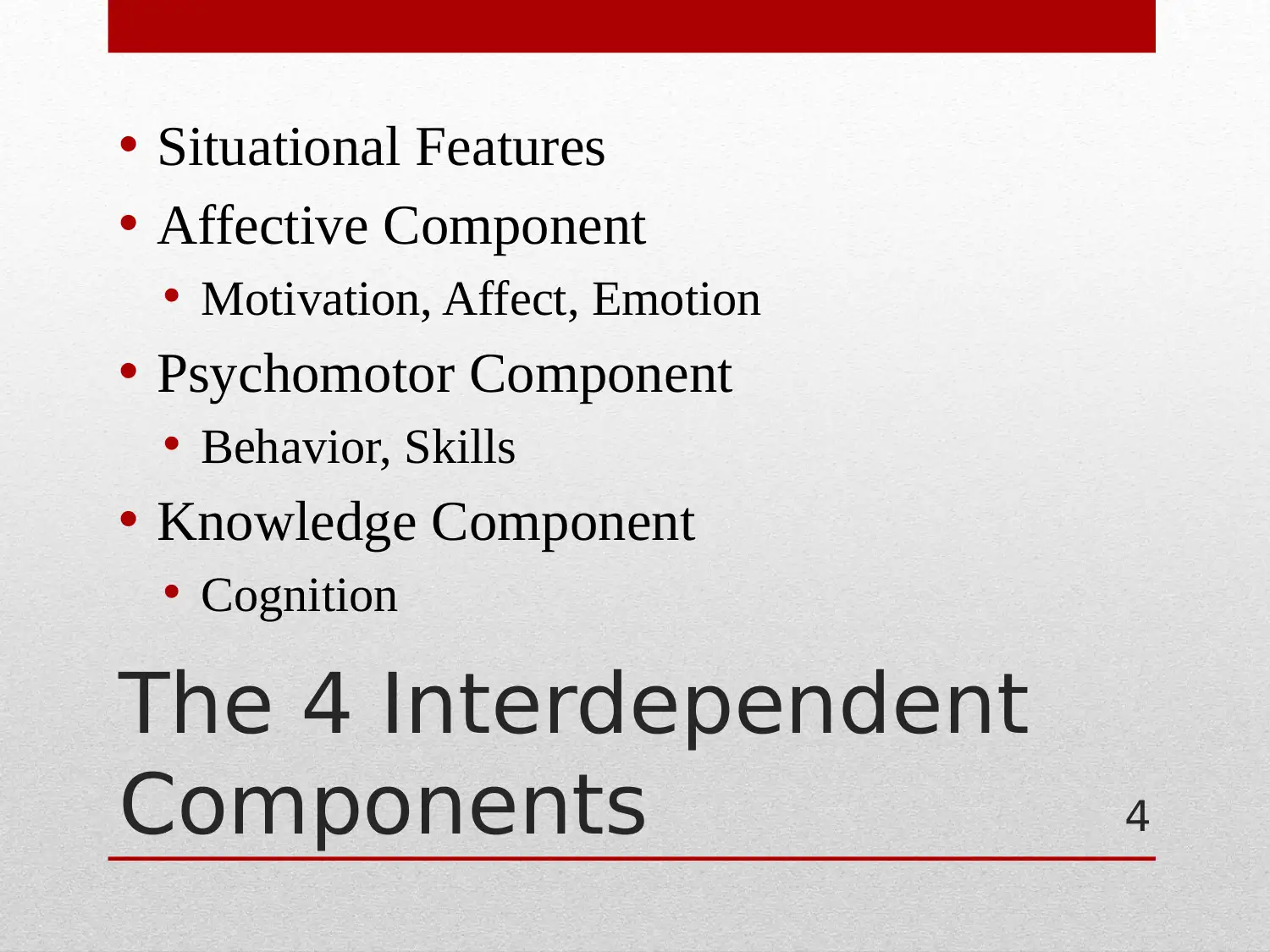
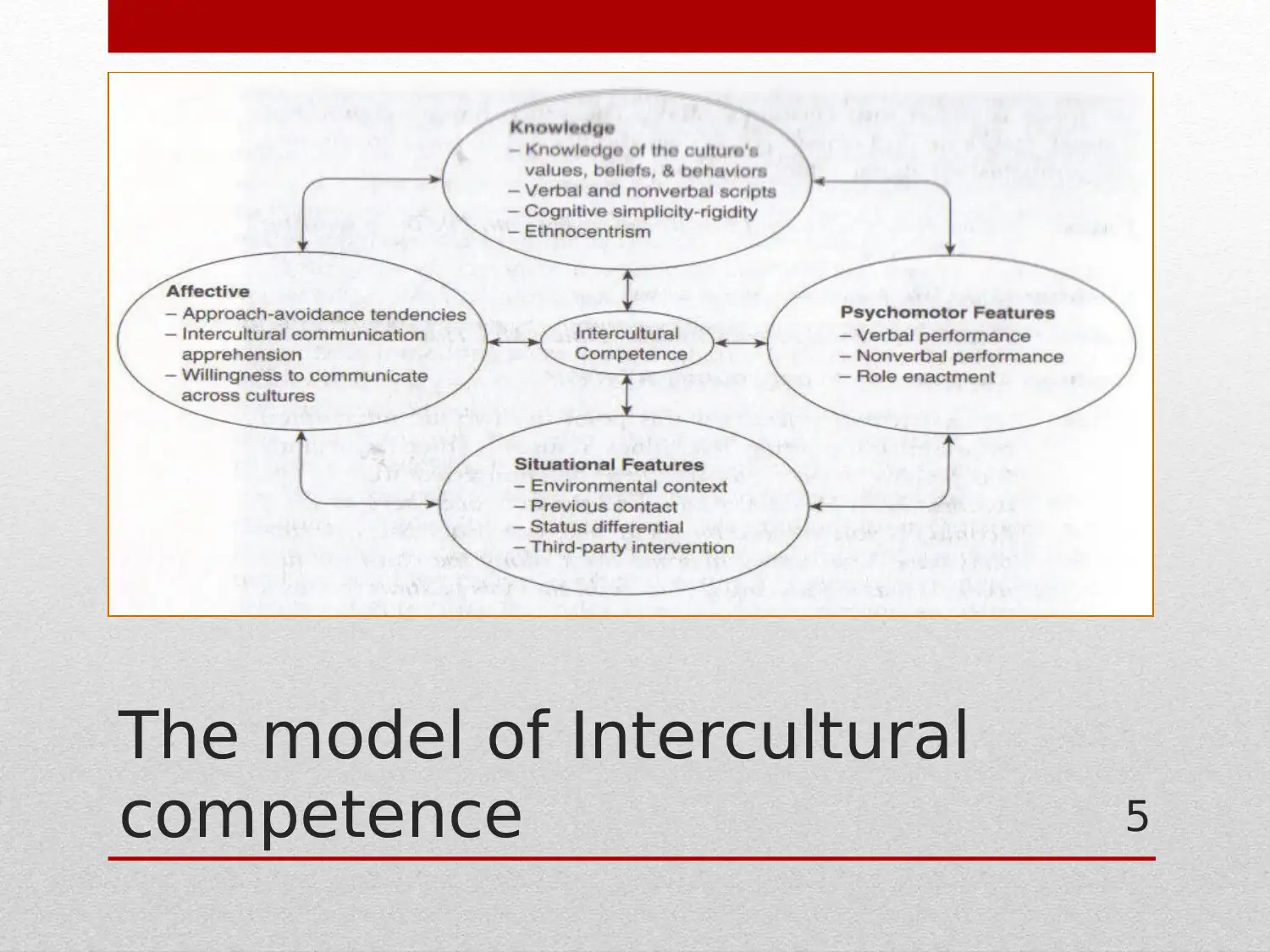

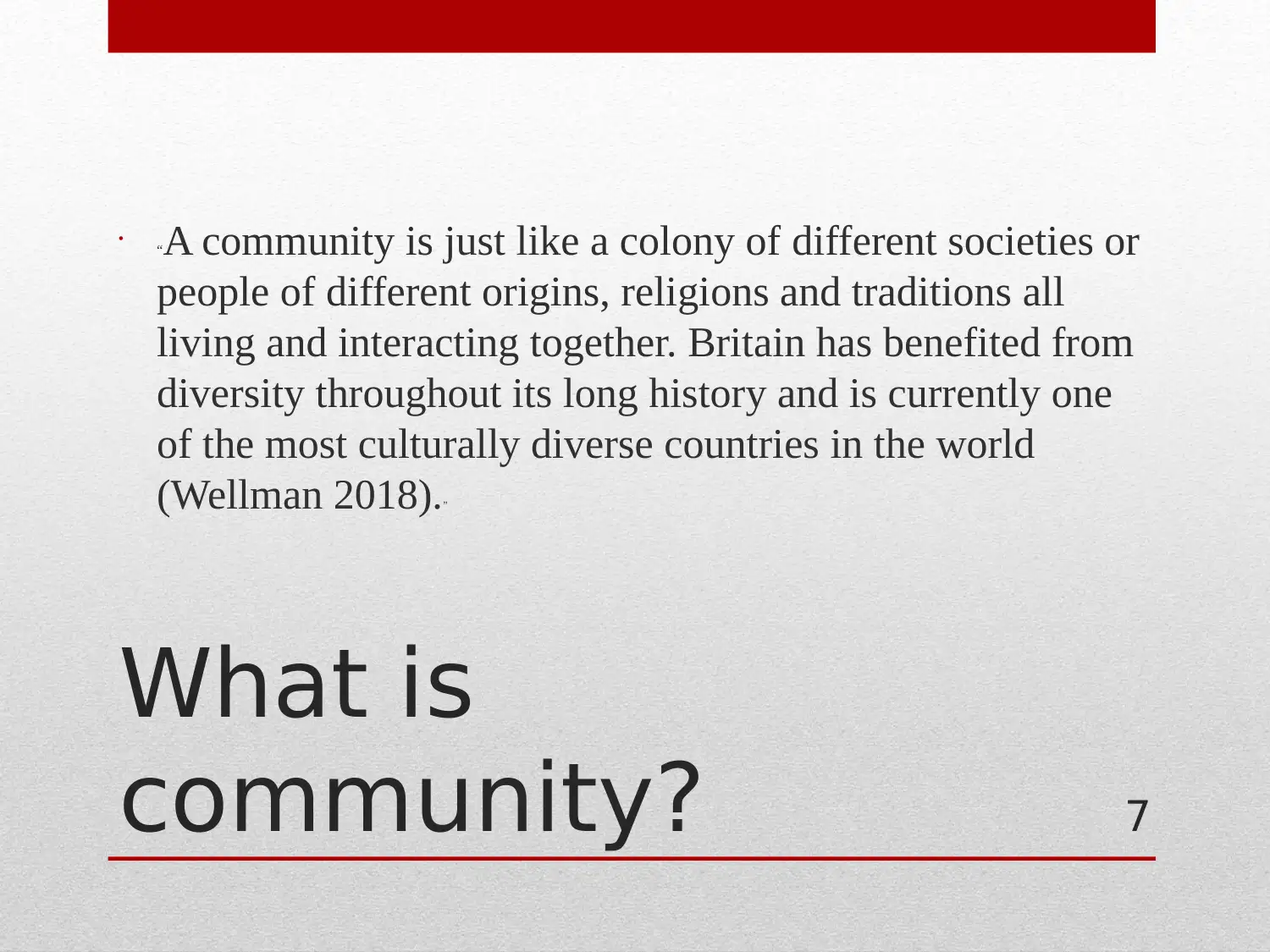
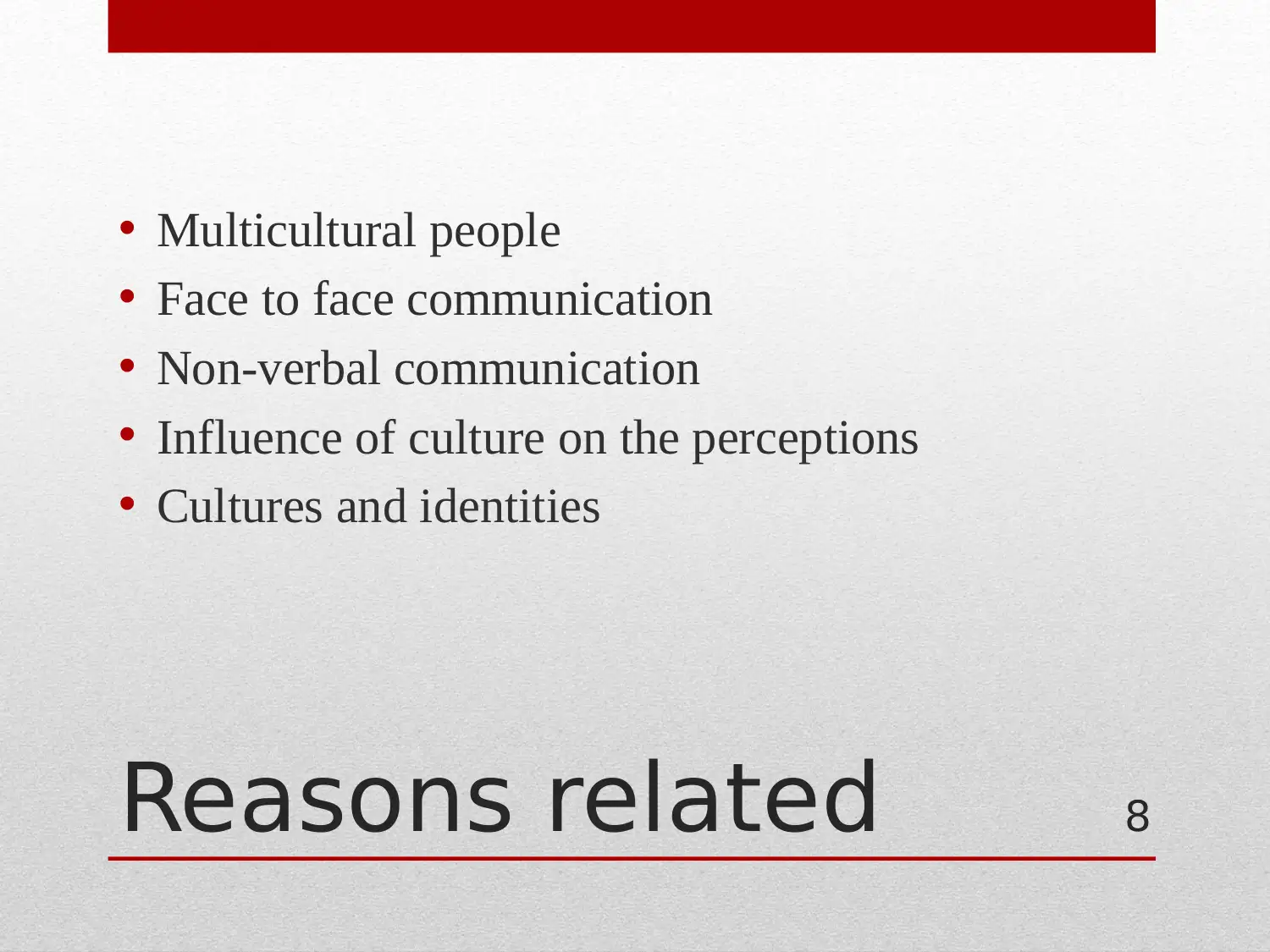
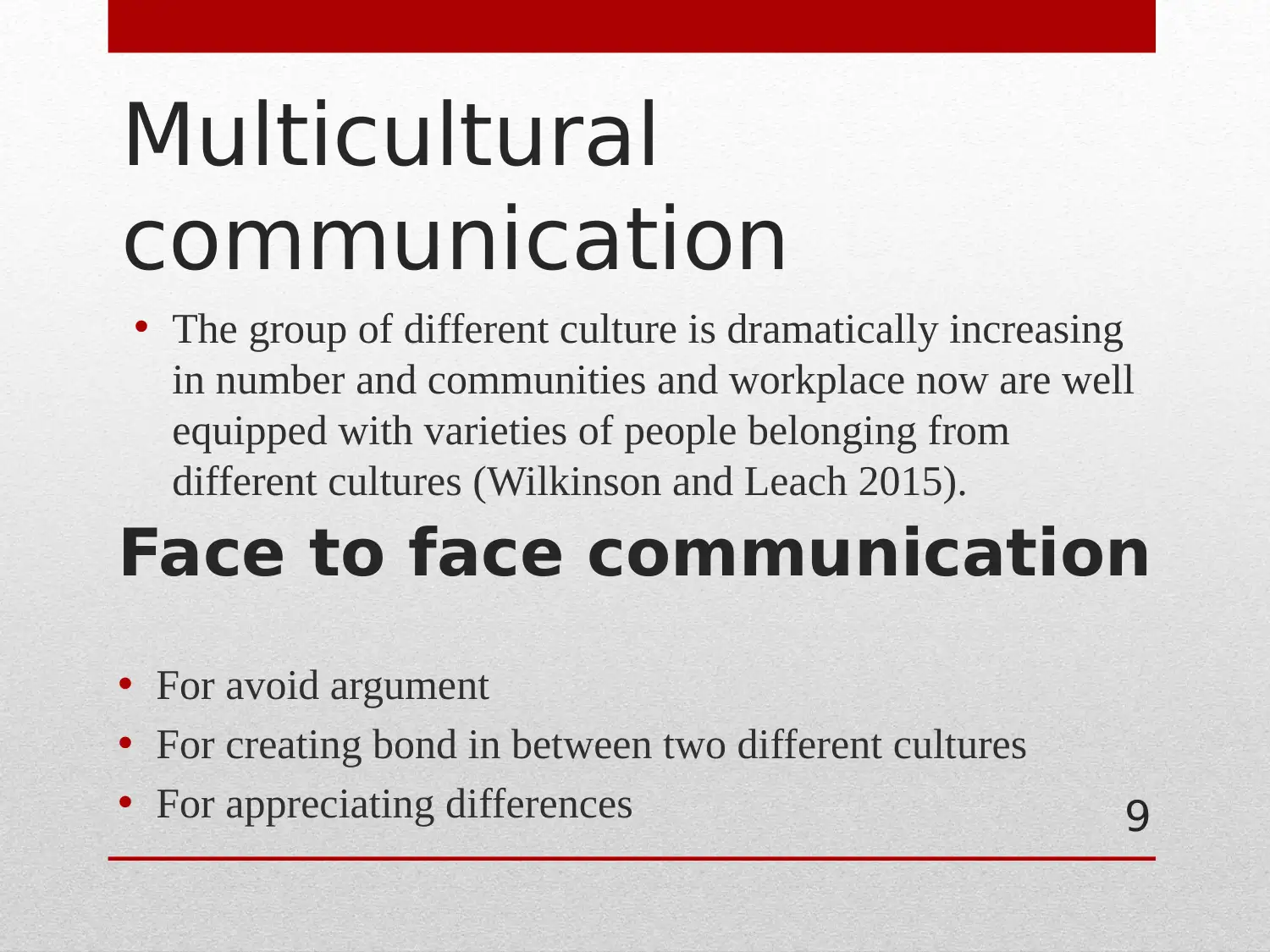
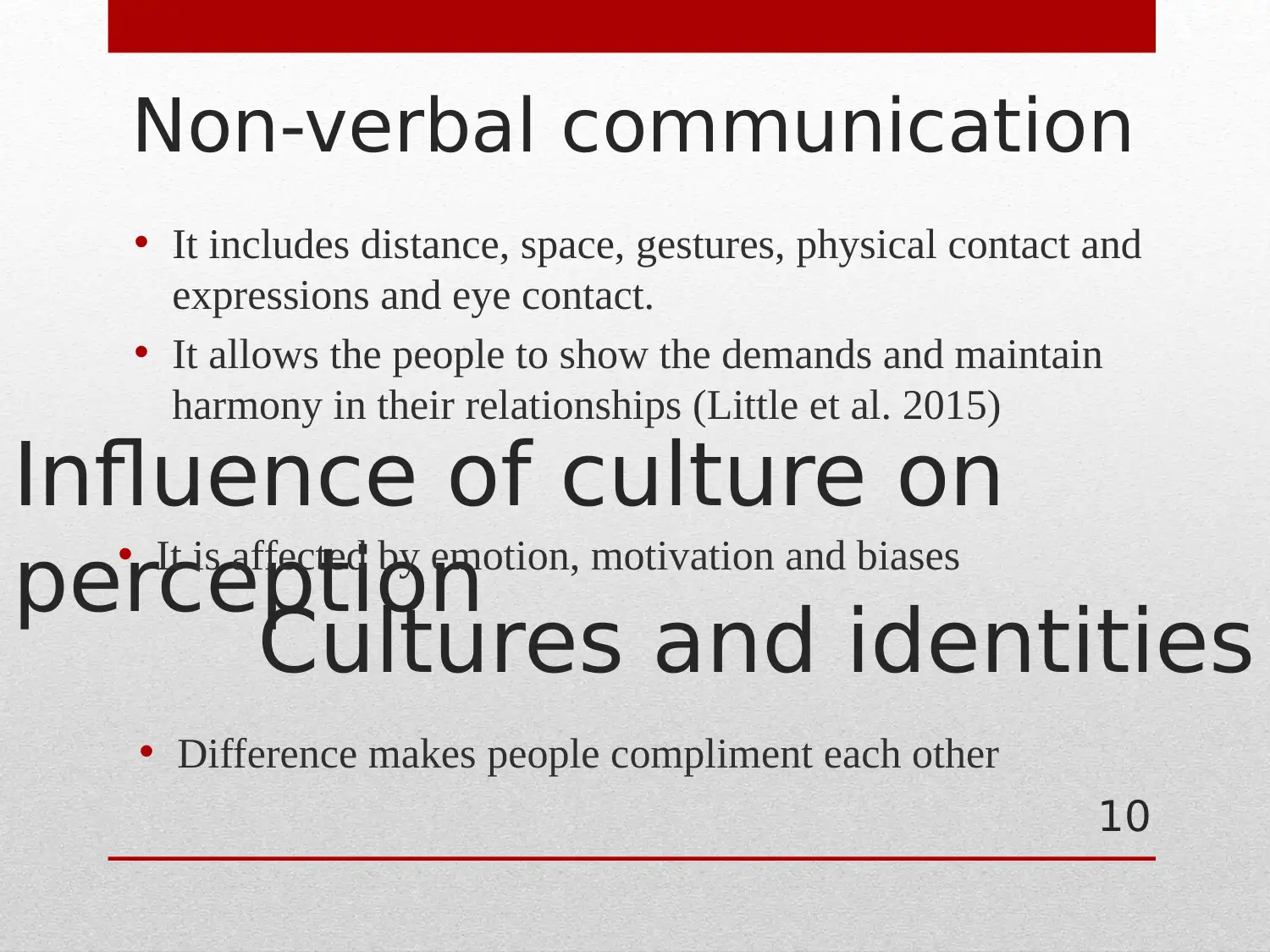

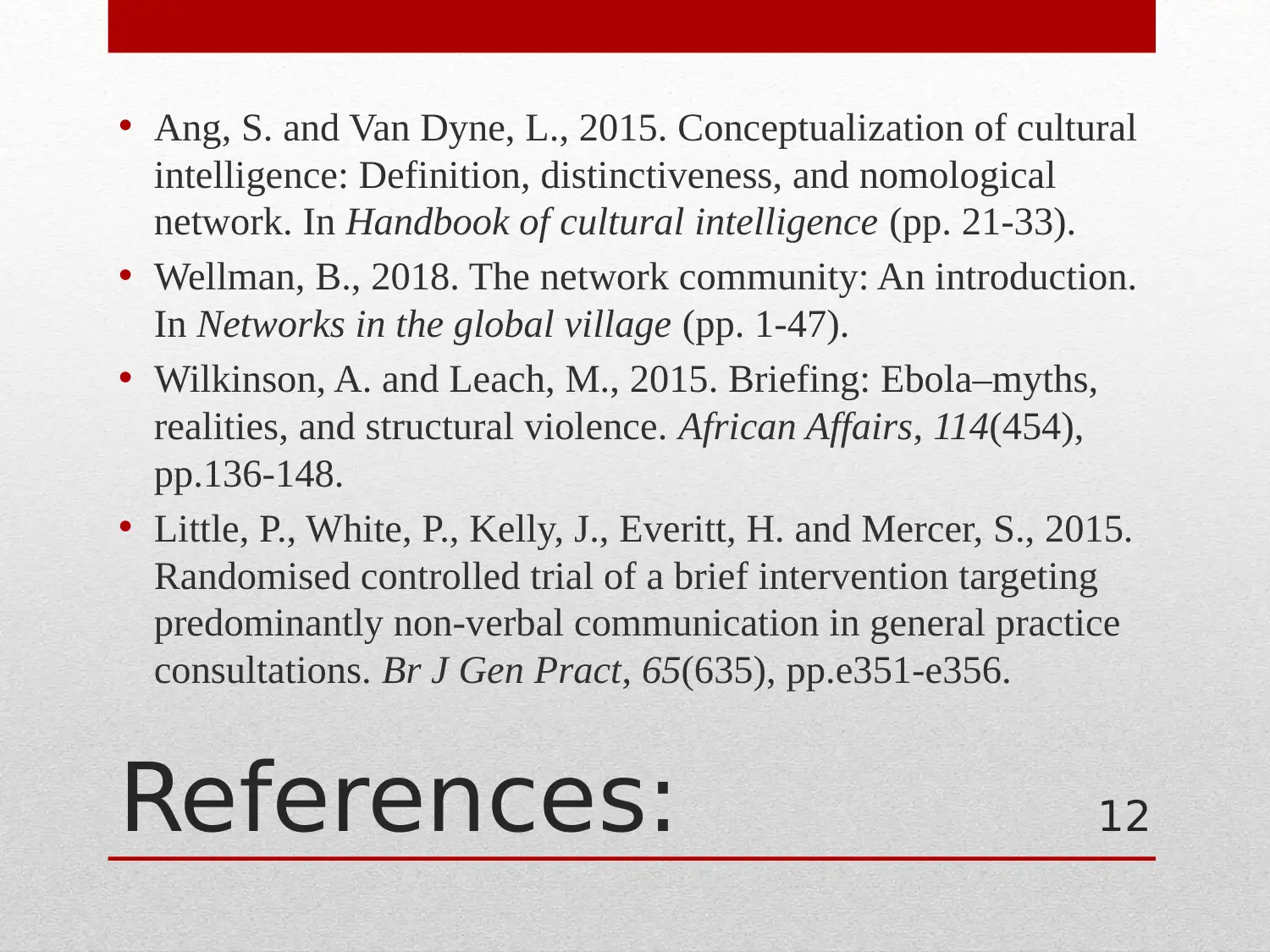



![[object Object]](/_next/static/media/star-bottom.7253800d.svg)